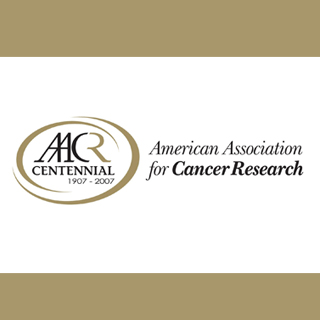
Participants who drank on average four or more cups a day had 39 percent decreased risk of oral cavity and pharynx combined as compared to non-drinkers. Information about decaffeinated coffee was too limited for a detailed study, but it did not indicate increased risk. The relation is significant among regular coffee drinkers who consume more than four cups.
Experts from Harvard had showed an inverse link between coffee consumption and the risk of lethal and advanced prostrate cancer. It was observed that men who consumed more coffee had 60 percent lower risk of insistent prostrate cancer as compared to men who did not drink coffee. These findings were presented at AACR Frontiers in Cancer Prevention Research Conference last December.
Mia Hashibe, Ph.D., assistant professor in the department of family and preventive medicine at the University of Utah, Salt Lake City, and a Huntsman Cancer Institute investigator quotes that “Since coffee is so widely used and there is a relatively high incidence and low survival rate of these forms of cancers, our results have important public health implications that need to be further addressed. What makes our results so unique is that we had a very large sample size, and since we combined data across many studies, we had more statistical power to detect associations between cancer and coffeeâ€.
Recent results of another study revealed low risk of gliomas linked with coffee. Experts from Imperial College, London found these associations among men who drank five or more cups of coffee or tea a day. Cancer Epidemiology, Biomarkers & Prevention editorial board member Johanna W. Lampe, Ph.D., R.D. affirms that analysis by Hashibe and colleagues gives further indication for a connection between caffeinated coffee drinking and cancer risk. It also helps to understand the role of coffee in head and neck cancer prevention.
Lampe, who is a full member and associate division director in the division of public health sciences at Fred Hutchinson Cancer Research Center, Seattle., Wash said that “The fact that this was seen for oral and pharyngeal cancers, but not laryngeal cancers, provides some evidence as to a possible specificity of effectâ€.
According to Hashibe further analysis is necessary to portray the significance of timing, period of contact and possible mechanisms of action.
The study results were published online first in Cancer Epidemiology, Biomarkers & Prevention.
